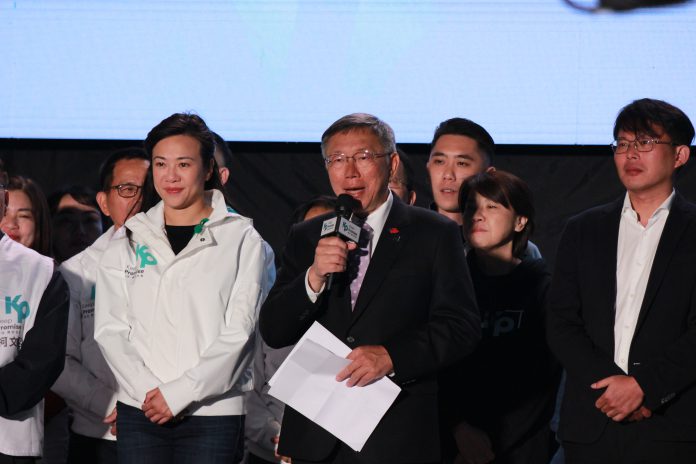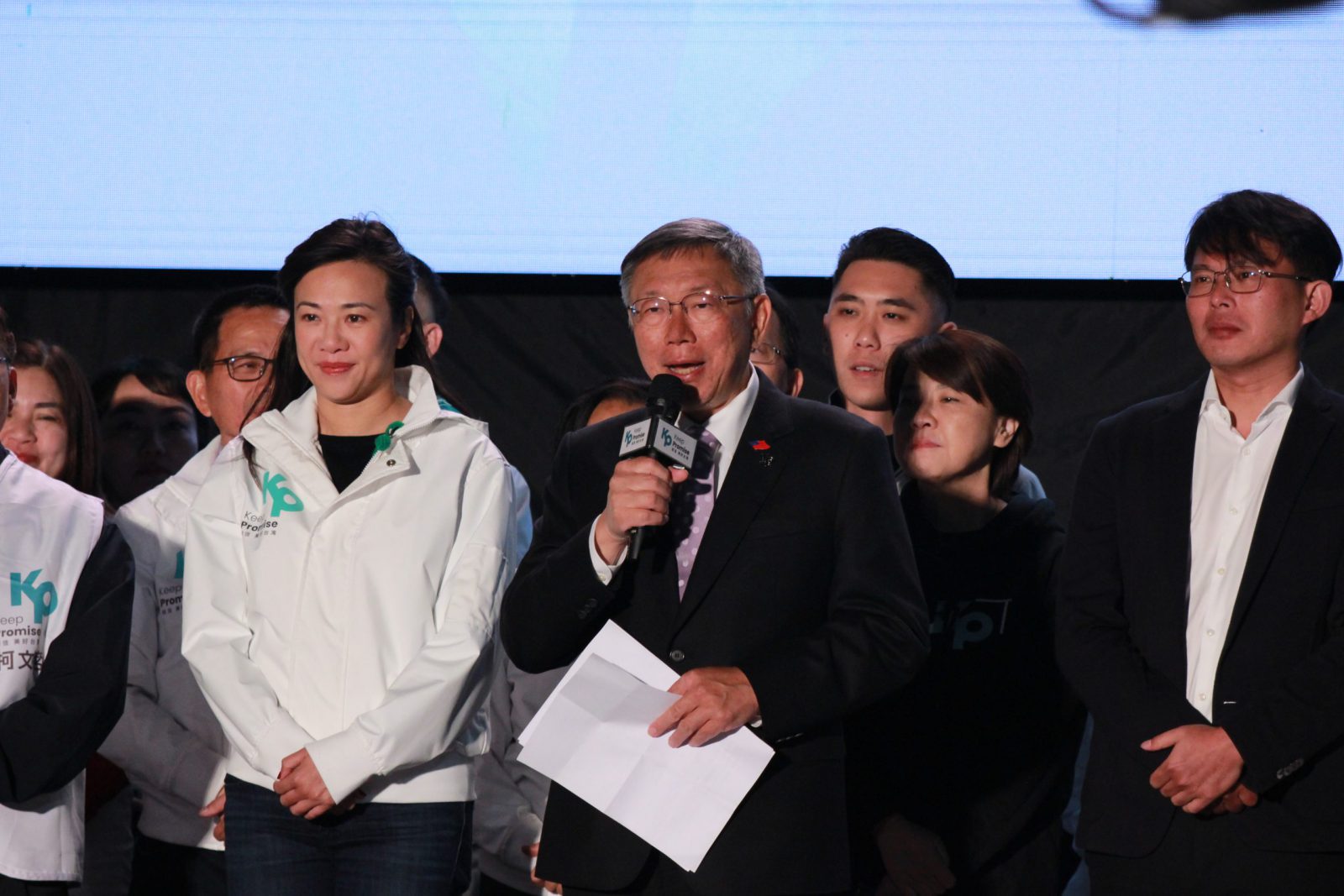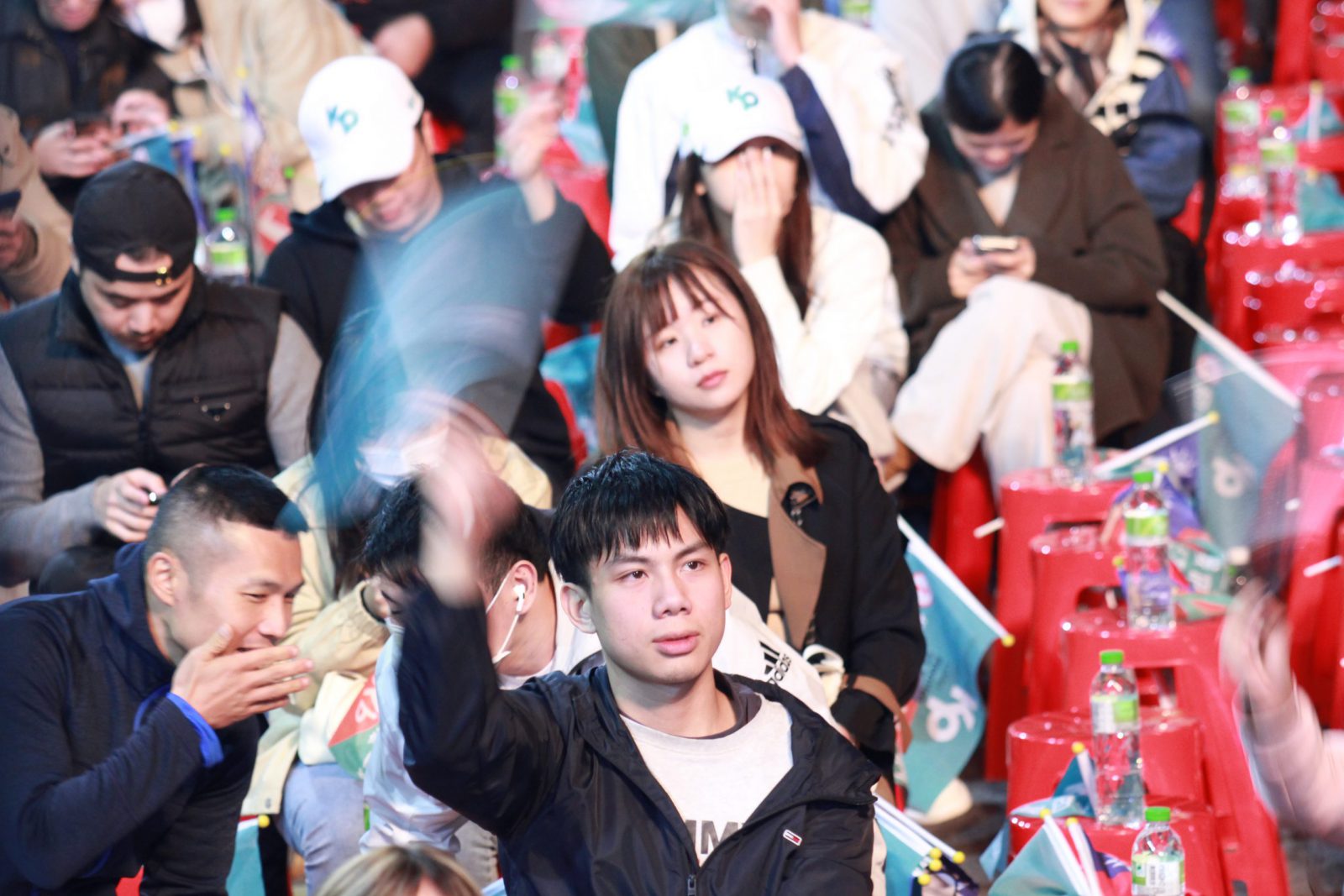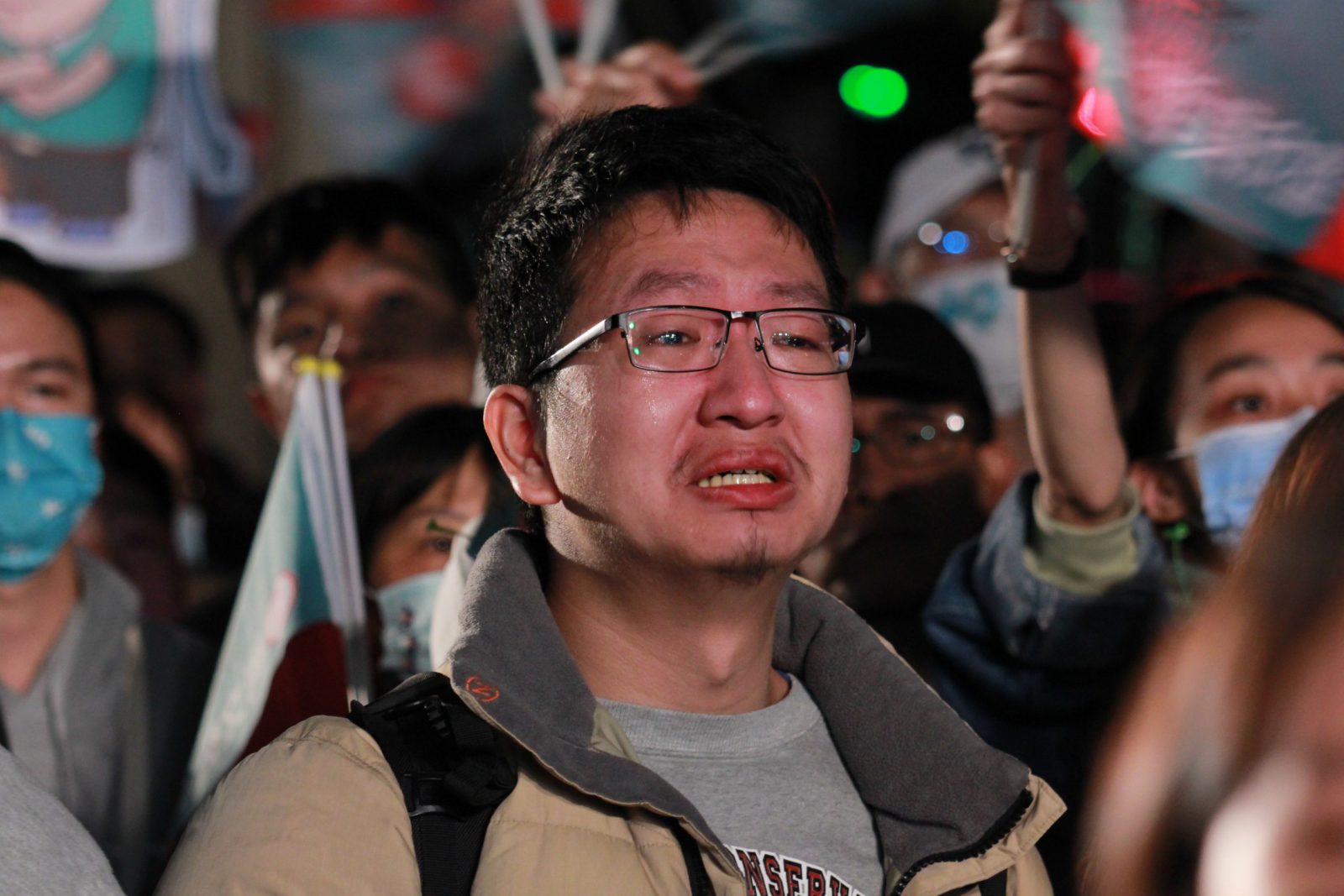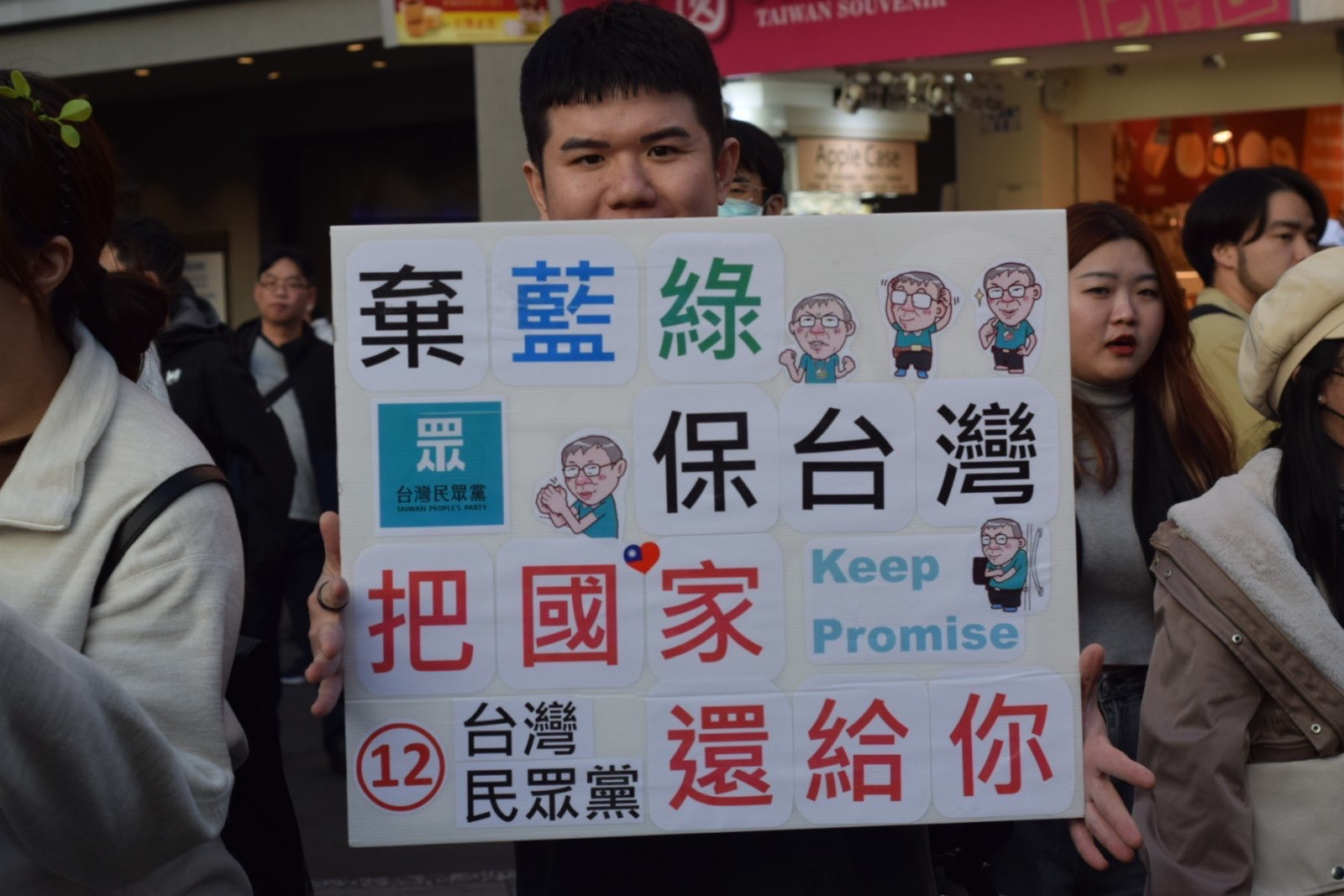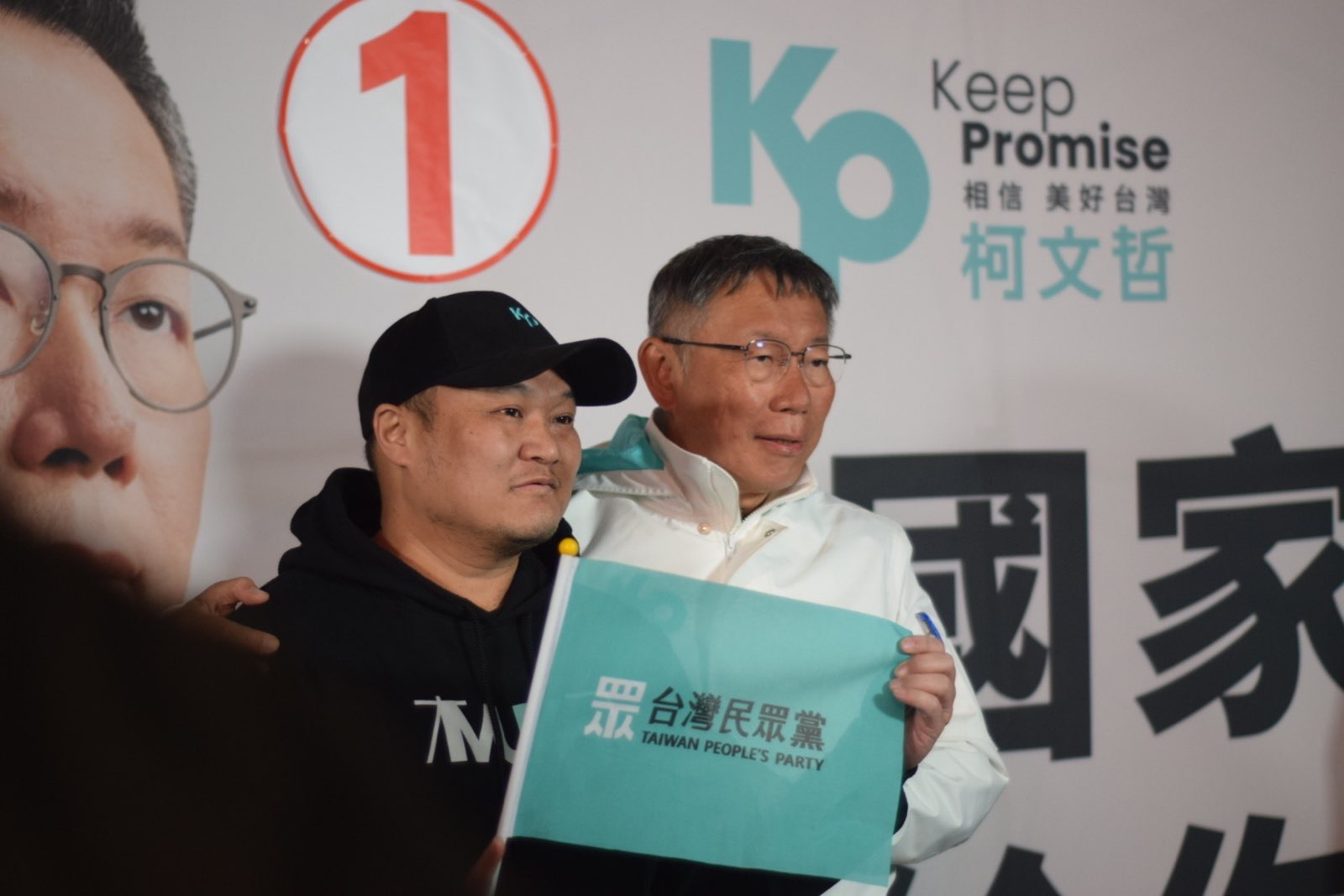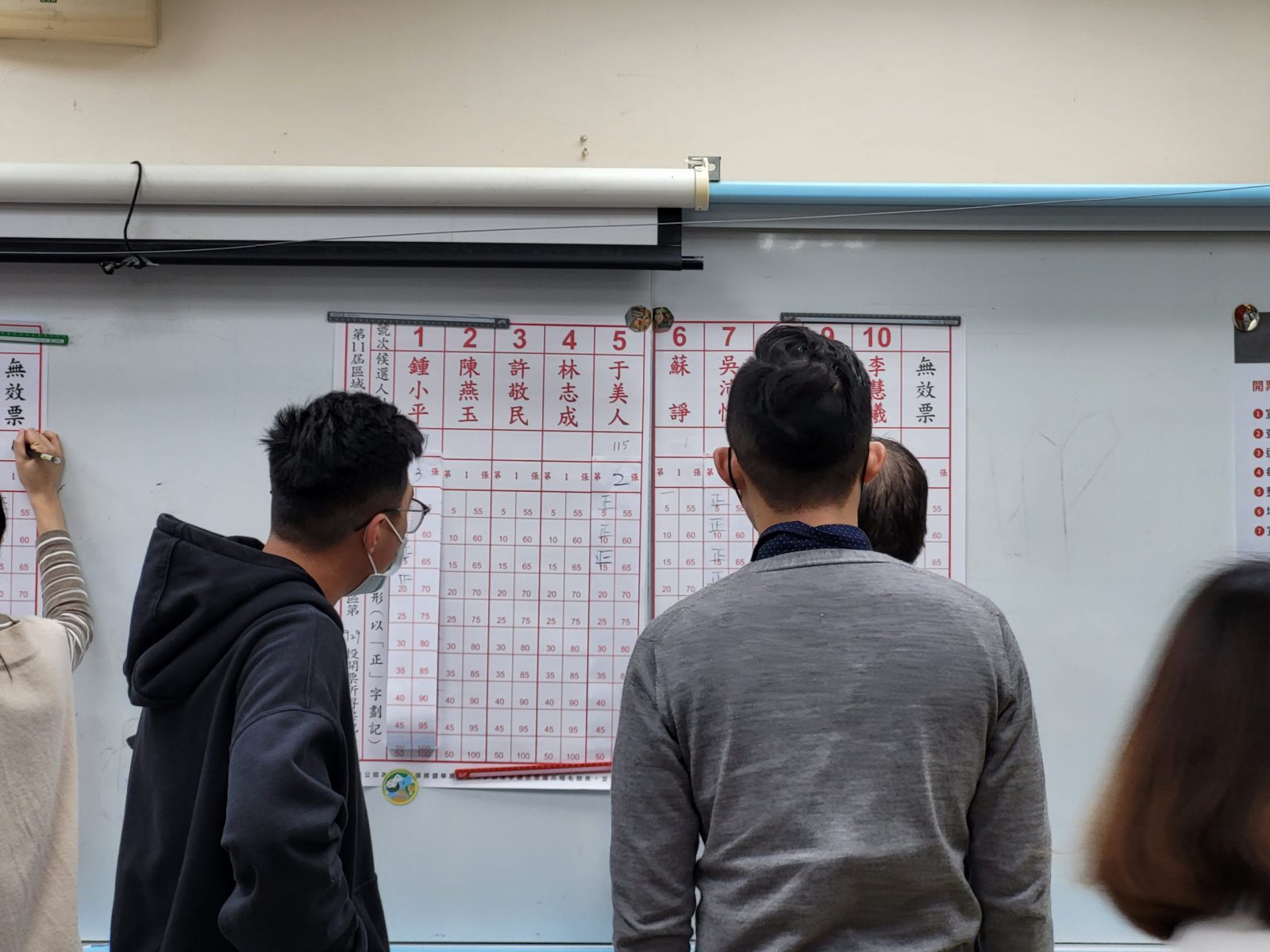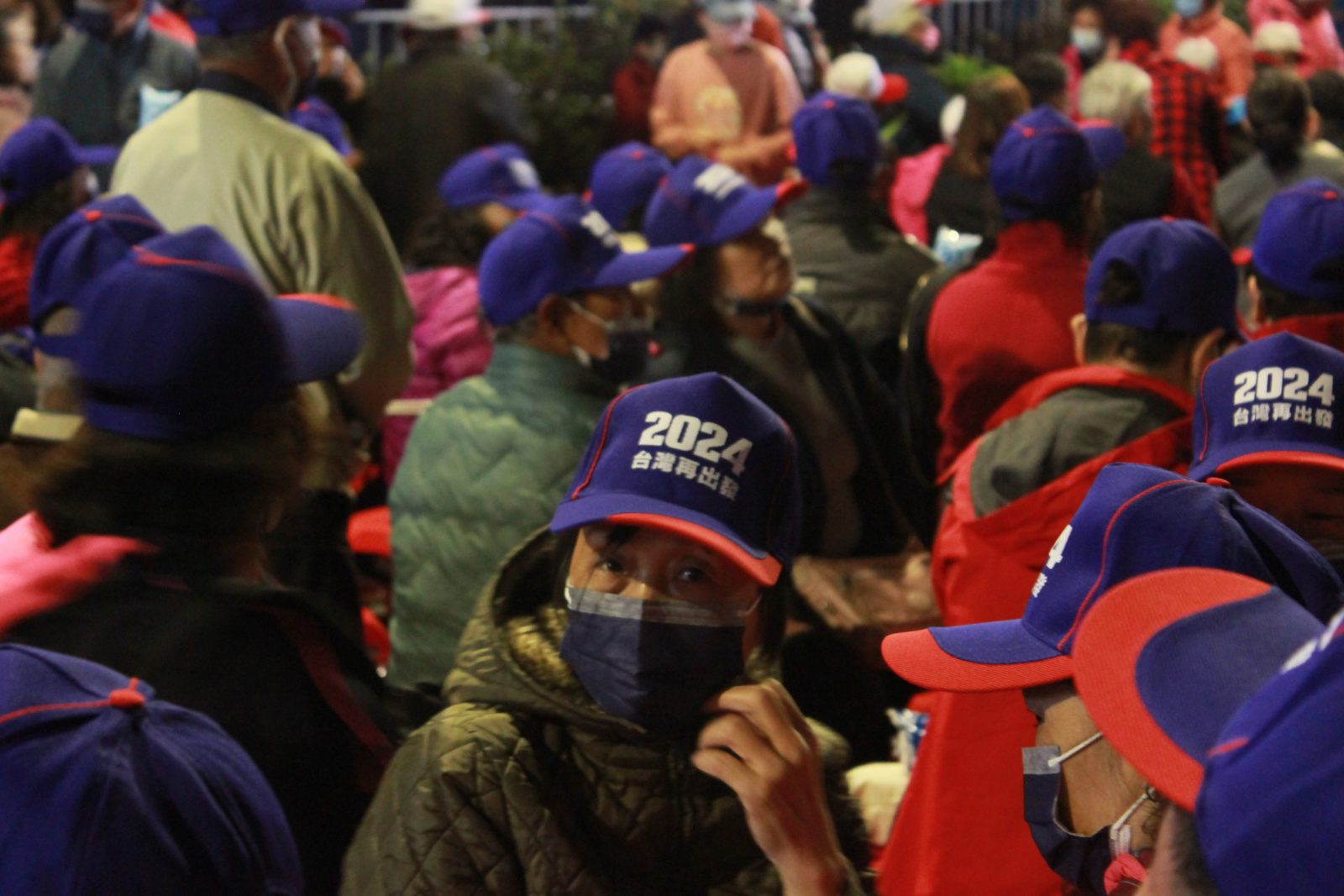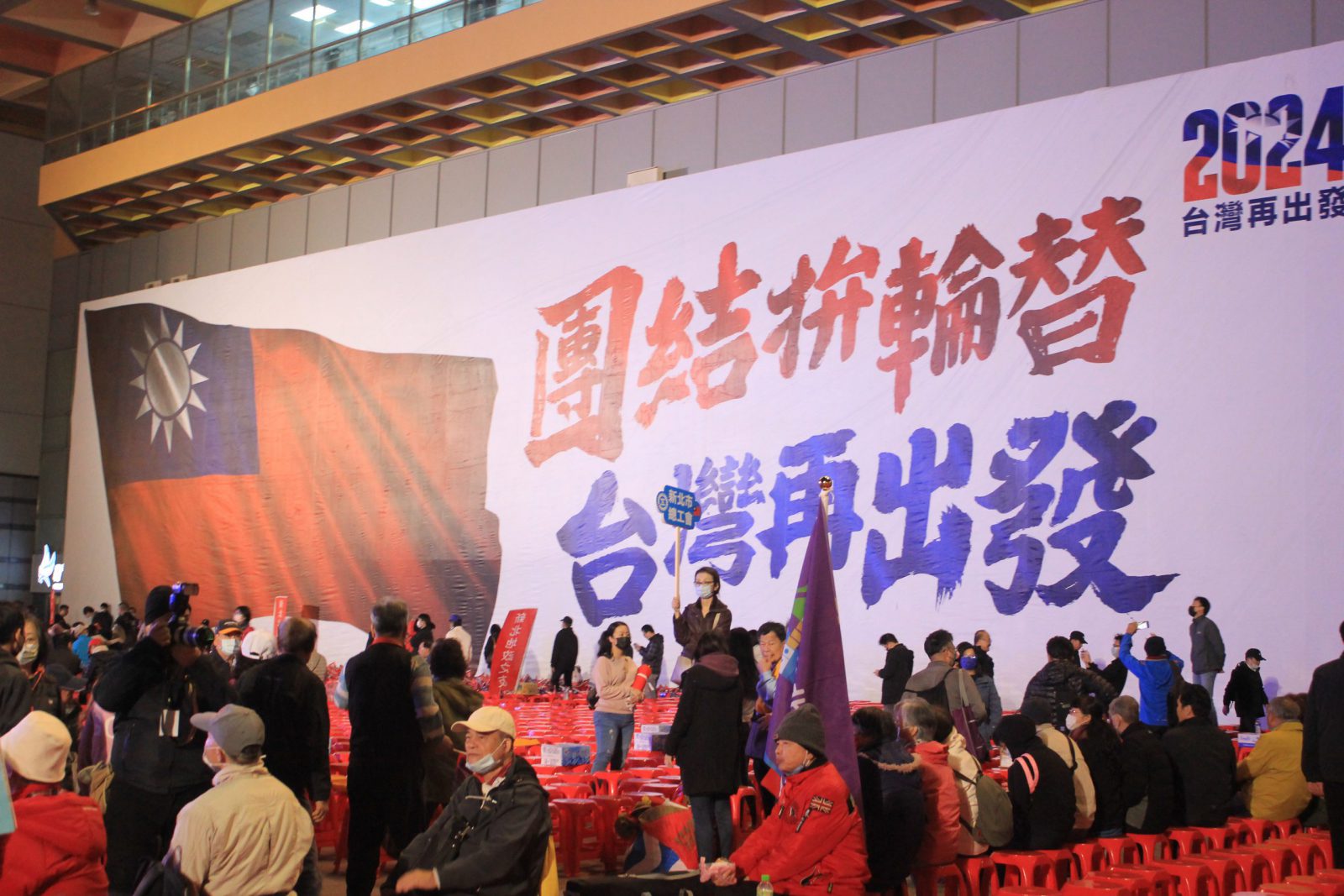Taiwanese believe Taiwan People’s Party (TPP) is the island’s way-out of then Blue and Green.
By Mike Chu
University student Huang Bo-lin is a supporter of Taiwan People’s Party presidential candidate Ko Wen-je.
“I support him because of all the work he has done as the mayor of Taipei City. He has made everything (government issues) transparent and public [to the people],” Huang says in a photo-taking event featuring Ko.
Huang is also impressed by Ko’s promotional tactic.
“The support Ko has gained by social media has allowed him to avoid competing over traditional media outlets which are mostly manipulated by the Democratic Progressive Party (DPP) and Kuomintang (KMT),” Huang adds.
The DPP and KMT are the two biggest parties in Taiwan with much longer history, representing the green camp and the blue camp respectively, while white is the colour for TPP founded in 2019.
Chen, who declined to reveal his full name, aged 40, shares Huang’s view.
“Polls conducted by traditional media outlets which are controlled by blue and green camps always found Ko as the least popular in their surveys,” he says.
A supporter who nicknamed herself as Baibai thinks the rivalry between DPP and KMT are detrimental to Taiwan.
“Taiwanese are conditioned to think that they can only choose DPP or KMT. That is limiting their thoughts about what options they actually have,” Baibai says.
Ko earned 3.6 million or 26% of the votes, falling short of Kuomintang’s Hou Yu-ih at 33% and the ruling Democratic Progressive Party’s president-elect William Lai Ching-te at 40%.
Ko’s campaign has attracted a lot of young people, which is supported by statistics. According to an analysis conducted by the News Lens, a Taiwanese online media outlet, around 48% of 20-39-year-old voted for Ko.
Associate fellow Jeremy Huai-Che Chiang of the Foundation for Future Generations Taiwan, says it is still too early for Ko and the TPP to challenge the two largest parties.
“Despite an increase in voters who accept parties other than the two largest parties in the last legislative yuan election, the DPP and the KMT are still dominating. The landscape has not changed significantly ,” Chiang says.
“Loyalty to parties is shaped by real life experiences and that cannot be shifted in a short period of time,” Chiang adds.
Edited by Kamun Lai
Sub-edited by Perry Kwok





































